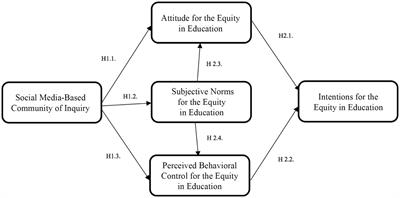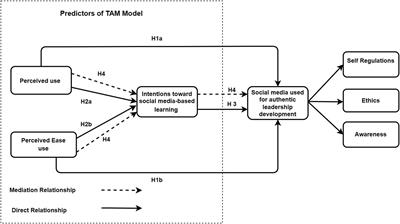ORIGINAL RESEARCH
Published on 16 Apr 2024
Integrating social media-based community of inquiry with theory of planned behavior to promote equitable educational intentions among pre-service teachers in Gilgit Baltistan, Pakistan
doi 10.3389/fpsyg.2023.1150421
- 1,890 views


